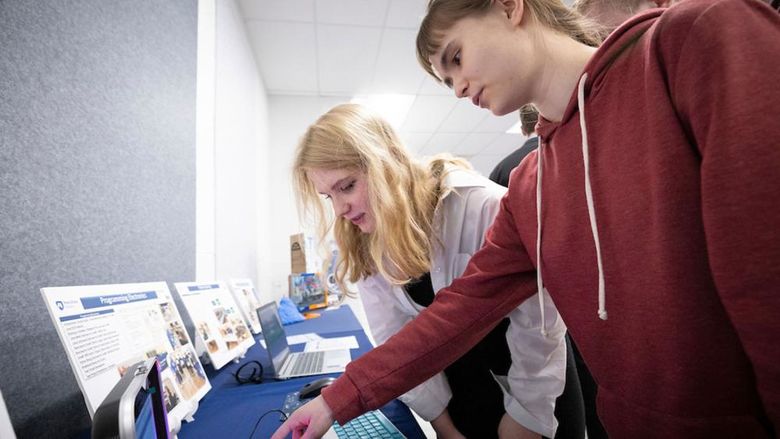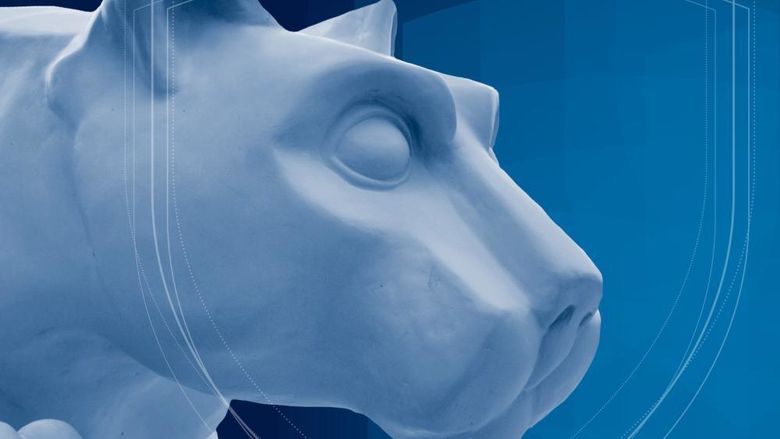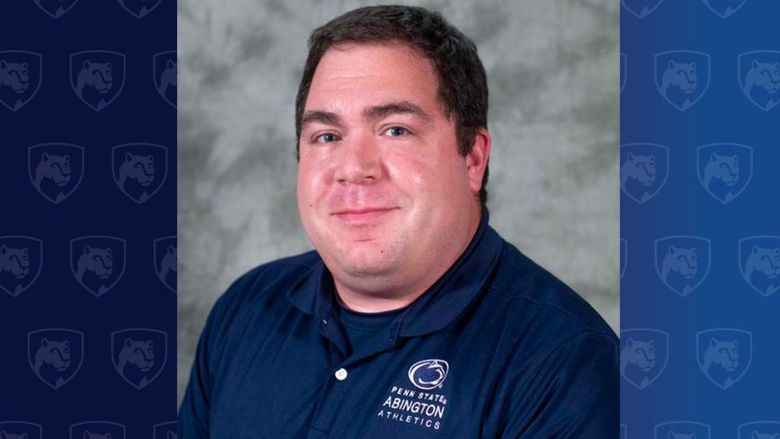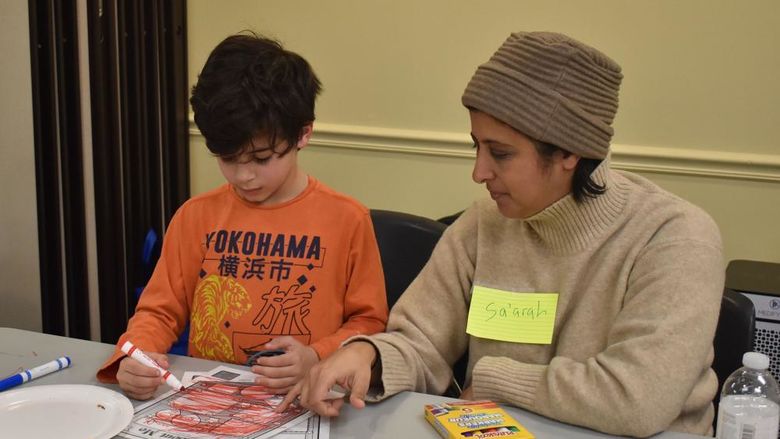Penn State Abington, in partnership with the World Affairs Council of Philadelphia, welcomed Diane Harris, Jonathan Turk, Marcella Bombardieri and Craig Snyder to a discussion about the future of higher education.
ABINGTON, Pa. — Penn State Abington, in partnership with the World Affairs Council of Philadelphia, welcomed an audience from across the region to address the question "How Do We Fix Higher Education? Preparing Future Generations for Success."
The panelists included Marcella Bombardieri, associate director of postsecondary education at the Center for American Progress; Diane Harris, editor at large for Newsweek; and Jonathan Turk, associate director of research at the American Council on Education. Craig Snyder, president and chief executive officer of the World Affairs Council of Philadelphia, served as the moderator.
The discussion threaded through multiple topics including government funding for higher education, traditional and nontraditional students, myths about college debt, and proposals for a “free” college education and debt forgiveness.
Turk, whose comments were peppered with supporting statistics, explained that there is a new reality.
"We don’t live in a world where you go to school at 18, graduate at 22, and never have to learn anything new again for the rest of your life,” he said. “We live in a world that requires adaptation. Higher education is a place to achieve those skills.”
Bombardieri revealed that 99% of jobs created since the Great Recession require at least some college education.
Turk and the other panelists also challenged the idea that the liberal arts are out of touch with necessary workforce skills.
“People with philosophy degrees go on to become lawyers and doctors and work in other important professions,” Turk said.
Harris reminded the audience that higher education prepares students for critical thinking, which is extremely desirable to employers.
“We do need more and better vocational training, but not at the expense of academic institutions. We need both,” she said.
"We don’t live in a world where you go to school at 18, graduate at 22, and never have to learn anything new again for the rest of your life. We live in a world that requires adaptation. Higher education is a place to achieve those skills.”
— Jonathan Turk, associate director of research at the American Council on Education, speaking at Penn State Abington
With the 2020 presidential race in full swing, the panelists weighed in on proposals for “free” college and debt forgiveness.
Bombardieri believes there needs to be a federal-state partnership when examining how to help students pay for college.
“Funding can’t all come from the federal level,” she said, while noting that federal and state funds have decreased significantly since the 2009 recession.
Harris agreed but clarified, “We have to identify the most urgent problems when discussing the policy proposals for free college. Student debt forgiveness is so much more complicated than the national discourse right now.”
She noted that two demographics are especially in crisis with student debt: African Americans and women, who hold two-thirds of the debt.
Turks said equity must be at the center of debt-relief plans since certain requirements, such as enrolling for a minimum of 15 credits, serve as barriers.
Harris said the best thing about the proposals all candidates have coalesced around is the urgent need to resolve the crisis.
“The fact that there is unity in that is a big win. I agree that equity is important, but it’s subjective. There is an urgent need to simplify the repayment problem,” she said.
Harris, who has been examining the issue for more than 30 years, shared some findings about college debt:
- New borrowing has been falling for the past seven years.
- Six-figure borrowers are relatively rare and most are professional degree holders: They are “unicorns in borrowing land," she said.
- The smallest borrowers are the ones in the most trouble. Two-thirds of defaulters owe the least money.
About Penn State Abington
Penn State Abington provides an affordable, accessible and high-impact education resulting in the success of a diverse student body. It is committed to student success through innovative approaches to 21st century public higher education within a world-class research university. With about 3,700 students, Penn State Abington is a residential campus that offers baccalaureate degrees in 21 majors, undergraduate research, the Schreyer honors program, NCAA Division III athletics, and more.





